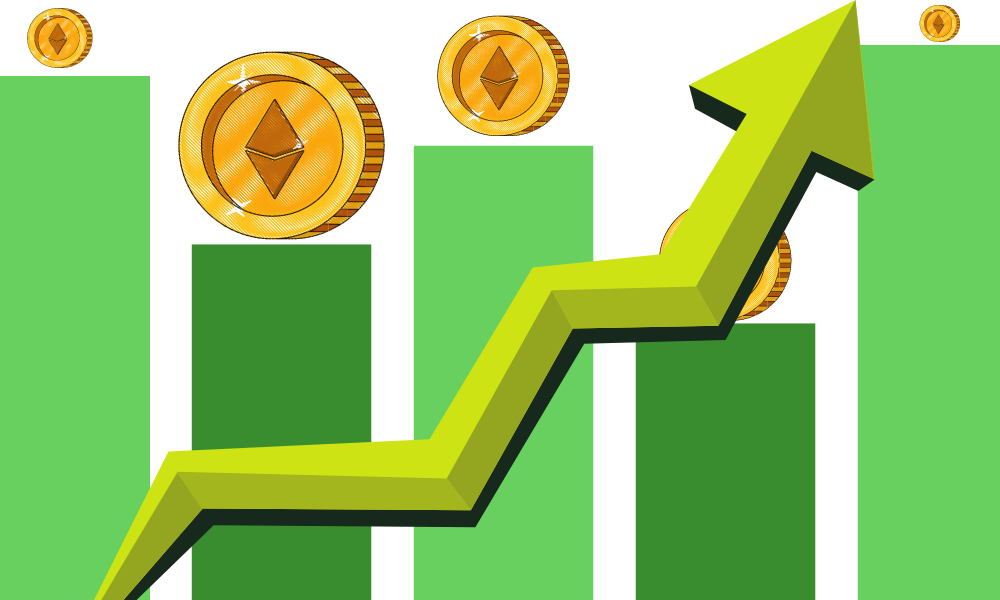Following a 5% decline the day before due to concerns that demand would be negatively impacted by further COVID-19 regulations in China and central bank interest rate increases, oil prices modestly recovered on Wednesday as data indicated strong gasoline demand in the United States.
Additionally supporting the market was a little weaker US dollar, which made oil less expensive for buyers using other currencies.
In response to recession fears, U.S. West Texas Intermediate (WTI) crude CLc1 futures increased by 90 cents, or 1%, to $92.54 a barrel at 03:06 GMT. The previous session saw a $5.37 decline in the price.
The price of October Brent oil LCOc1 futures, which are set to expire on Wednesday, increased 70 cents, or 0.7%, to $100.01 a barrel, reversing Tuesday's $5.78 decline. At $98.80 a barrel, the more active November contract LCOc2 was up 96 cents, or 1%.
Price fluctuations since the start of the Ukraine crisis six months ago have alarmed hedge funds and speculators and reduced trading, which has further exacerbated the market's whipsaw, as was seen on Tuesday.
Vivek Dhar, a commodities analyst at Commonwealth Bank, said, "I can't stress enough that the low liquidity implies we're in for some wild moves.
Data from the American Petroleum Institute (API) showed gasoline inventories decreased by approximately 3.4 million barrels while distillate stocks, which include diesel and jet fuel, decreased by approximately 1.7 million barrels for the week ended August 26 API/S, bolstering market sentiment on Wednesday.
The decrease in gasoline stockpiles was almost three times greater than the 1.2 million barrel decline that eight analysts surveyed by Reuters on average had predicted. They had anticipated a decrease of around 1 million barrels in distillate inventory.
In contrast to analysts' predictions of a reduction of roughly 1.5 million barrels, API data revealed a rise in crude stockpiles of nearly 593,000 barrels.
Concerns about some of China's largest cities, including Shenzhen and Dalian, enforcing lockdowns and company closures to stop COVID-19 at a time when the second-largest economy in the world is already experiencing sluggish development, served as a brake on price increases.
"Worsening COVID-19 outbreaks in China are also affecting sentiment," analysts at ANZ Research wrote in a note.
The deadliest violence to hit Baghdad in years had no impact on oil supplies from Iraq, three sources told Reuters on Tuesday. After influential cleric Moqtada al-Sadr ordered his followers to stop their protests, fighting on Tuesday decreased.
The Organization of Petroleum Exporting Countries and its partners, collectively known as OPEC+, have been expressing interest in reducing output to help stabilize the market, which is the key factor currently sustaining prices. On Sept. 5, OPEC+ is scheduled to meet again.
2022's Best Safe Investments
They'll snarl, Dhar predicted. "They'll attempt to point out that futures prices don't accurately reflect tightness. But another obstacle is getting everyone to agree to reduce output."


Comments
Post a Comment